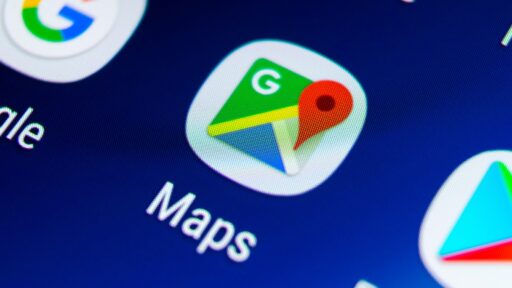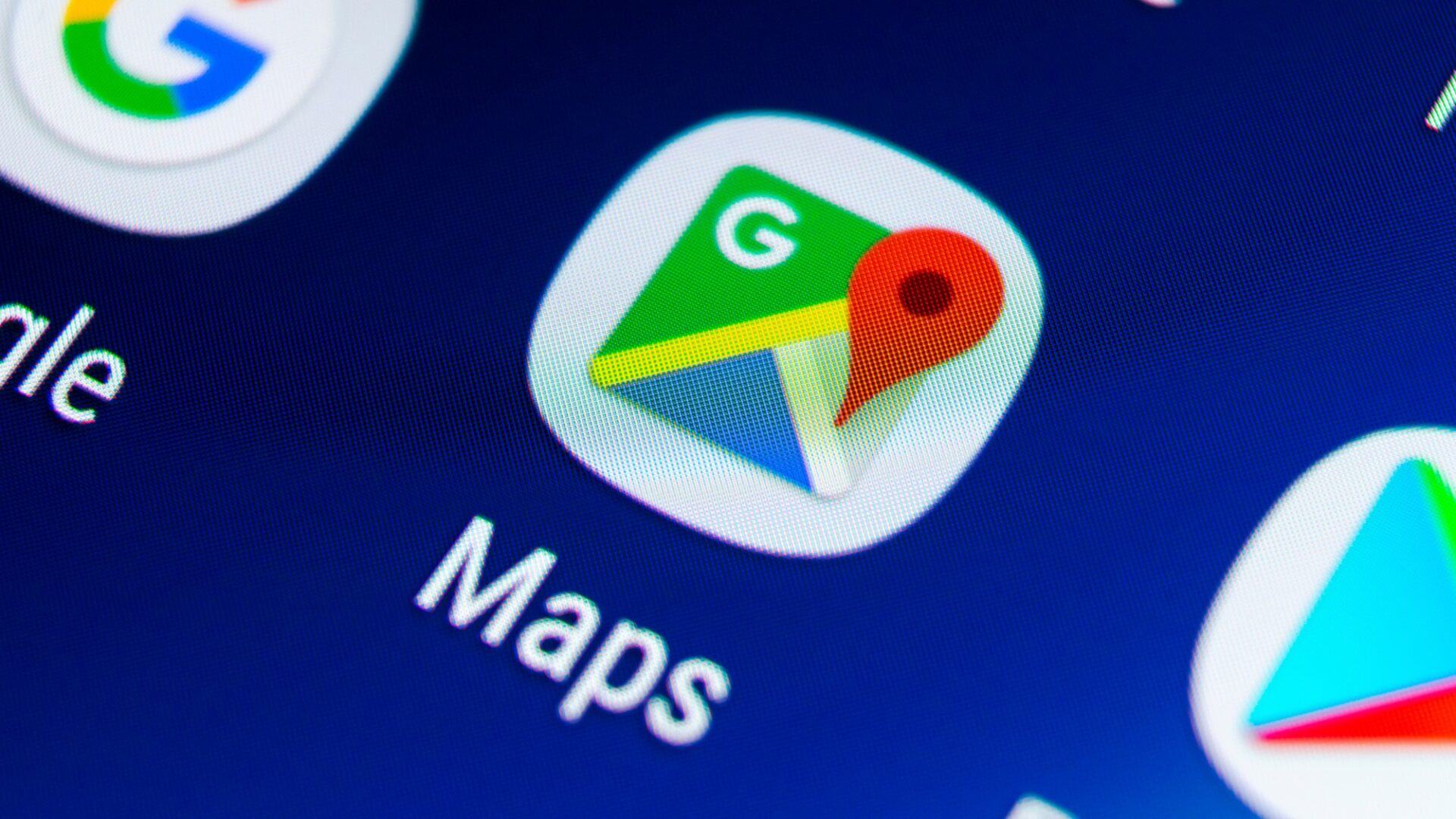If you’re traveling through South Korea or even moving there, something might catch you off guard pretty quickly. Despite being one of the most tech-forward countries in the world, South Korea is one of the few places where Google Maps barely works. Sure, it can find your location and show you the streets, but if you try to get driving directions, plan a walking route, or check public transportation, you’ll hit a wall.
This isn’t a bug or a temporary glitch. It’s the result of a long-standing national security law that directly limits what Google Maps is allowed to do in the country.
Key Takeaways:
- Google Maps doesn’t offer turn-by-turn navigation in South Korea due to restrictions on exporting local map data.
- The South Korean government enforces this policy to prevent sensitive geographic information from being stored overseas, citing national security risks.
- Google has refused to store its mapping data on servers inside South Korea, which has led to an ongoing deadlock.
- Naver Maps and Kakao Maps are fully functional local alternatives that comply with national laws and offer complete navigation services.
At the center of this issue is the Spatial Data Industry Promotion Act, a law that bars geographic data from being transferred outside of South Korea. The government argues that exposing this information to foreign servers could potentially reveal sensitive infrastructure or military sites. Given the ongoing tensions with North Korea, that’s not a risk they’re willing to take.
This legal restriction directly conflicts with how Google Maps operates. Google’s platform relies on its global network of servers to deliver live traffic updates, real-time navigation, and other services. In 2016, Google formally requested access to South Korea’s official mapping data. The government said no, unless Google agreed to store the data locally. Google declined, maintaining that such a change would compromise its infrastructure and affect the consistency of its services worldwide.
And so, the stalemate remains in place. As a result, the version of Google Maps available in South Korea is stripped down, missing many of the features users in other countries take for granted.
But locals and visitors aren’t without options. Two major Korean tech companies, Naver and Kakao, offer robust alternatives. Naver Maps and Kakao Maps are both deeply integrated with local data and fully aligned with government regulations. These apps offer everything from turn-by-turn directions and real-time traffic updates to detailed public transit information and even street-level imagery.
If you’re planning a trip to South Korea, downloading one of these apps is pretty much essential. Travelers on forums like Reddit consistently advise skipping Google Maps altogether and going straight to Naver or Kakao for a much smoother experience.
In the end, it’s a bit of a paradox. In a country celebrated for blazing-fast internet and tech innovation, navigating with Google Maps feels oddly limited. But it’s also a reminder that digital convenience doesn’t always override national priorities.
Frequently Asked Questions (FAQs)
Q. Why exactly is Google Maps not fully working in South Korea?
A. Google Maps is not fully functional because South Korean law prohibits map data from being stored on servers outside the country due to national security reasons. Google has not complied with the requirement to use local servers for its mapping data.
Q. Can I use Google Maps for anything in South Korea?
A. Yes, but its use is limited. You can see your current location on a basic map, look up places, and see subway lines. However, you cannot get walking, driving, or public transport directions.
Q. What are the best map apps to use in South Korea?
A. The most popular and recommended map apps are Naver Maps and Kakao Maps. Both are available in English and offer complete navigation features that are far superior to what Google Maps can provide in the country.
Q. Is this law likely to change in the future?
A. There have been discussions about this law for years, but the South Korean government has consistently prioritized national security. Any change would require a major shift in policy, which does not appear to be happening soon.






